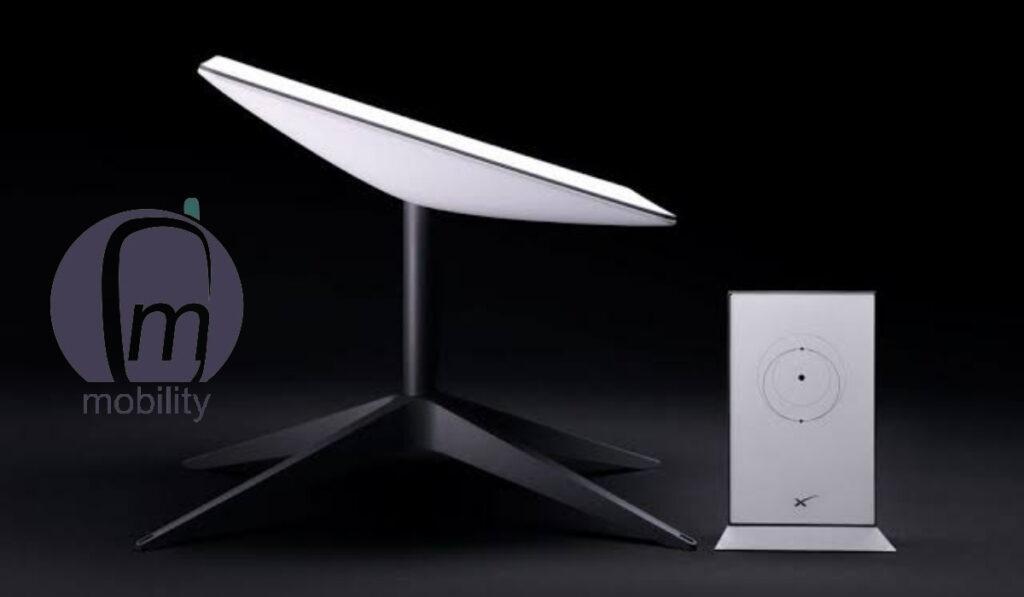- Mobile Internet Subscription Hits 93.5 Million
The number of mobile Internet subscription in the country rose by 35.71 million between 2013 and 2016, an analysis of data obtained from the Nigerian Communications Commission has shown.
According to the NCC, the mobile Internet subscription in the country stood at 93,554,076 as of September 2016 while as in October 2013, the total mobile subscription stood at 57,840,229.
This means that within the period of three years, mobile Internet subscription rose by 35,712,777. It also means that within the period of three years, mobile Internet subscription rose by 61.75 per cent.
Although at 32,771,259 subscribers, MTN Nigeria Communications Limited had the largest mobile subscription as of September 2016; Etisalat’s showed the biggest leap over the three year period as its mobile Internet subscription rose from 5,640,789 to 15,062,650, showing a difference of 9,421,861 or 167.03 per cent increase.
On the network of Airtel, the mobile Internet subscription rose from 9,650,631 in October 2013 to 18,832,238 as of September 2016. This shows a difference of 9,181,607 or 95.14 per cent growth rate.
Subscription on Globacom rose from 12,975,809 to 26,887,929 within the period. This means that the subscription grew by 13,912,120. This shows a growth rate of 107.22 per cent.
On the other hand, mobile Internet subscription on MTN rose from 29,477,200 to 32,771,259 within the period. This means that the mobile Internet subscription on the network rose by 3,294,059, showing a growth rate of 11.17 per cent.
Although over a period of three years, mobile Internet subscription in the country increased by 61.75 per cent, the subscription actually declined in the last one year.
Mobile Internet subscription in the country attained its peak in November 2015 when the subscription attained the height of 97,824,017.
As of October 2015, mobile Internet subscription stood at 97,518,398. This means that in the last 12 months, mobile Internet subscription in the country has declined by 3,964,322. This shows that the subscription declined by 4.06 per cent.
In the last three quarters of the year, the Nigerian economy has been in recession. The decline in the mobile Internet subscription could therefore mean that with lesser disposable income, more Nigerians who could not renew their data subscription opted out, leading to 4.06 per cent decline over the one year period within which the nation has witnessed recession.
The increase in mobile Internet subscription in the last three years has increased the revenue stream of digital operators. Even at an Average Revenue Per User of only N500 per month, 93,554,076 subscribers means additional N46.78bn a month in the coffers of mobile operators.
At the inception of digital mobile services in the country, operators had concentrated on only voice services. However, with advancement in technology, demand for higher productivity and mobile office, the rise in social networking and ubiquity of smartphones and other digital devices; there has been an increase in the demand for data services.
This has also reflected in the recent emphasis on mobile broadband services by both the industry regulator and mobile operators. In simple terms, broadband Internet means faster Internet services. Many subscribers are actually frustrated at the slow speed of connection offered by their service providers.
A number of operators have responded by making additional investments and launching 4G services. There is even fear that some that do not actually have 4G capability have only joined the bandwagon to advertise 4G services; just as they offer 2G services in the garb of 3G services.
An online professional, who spoke on condition of anonymity, said he had been disappointed with the 3G offerings of two operators and therefore had not bordered about the new pitch of 4G technology.
“The 4G is limited to specific areas of the some cities. If you are not within those areas, you cannot enjoy 4G,” the subscriber said.
The Executive Vice-Chairman at the NCC, Prof. Umar Danbatta, recently put broadband penetration in the country at 21 per cent although the Alliance for Affordable Internet had also recently put the nation’s broadband Internet penetration at 14 per cent.
Danbatta said to reduce pressure on the existing lower microwave frequency bands and increase broadband access across the country, the NCC planned to license the 38 GHz and 42 GHz bands, adding that both bands were suitable for short hop and point-to-point terrestrial links.
The bands also support 3G/4G/LTE backhaul and a high degree of frequency reuse due to the high directivity of their antennas.
He said, “Currently in Nigeria, more than 10 terabytes of telecommunications capacity exist at the landing point, but the challenge is the deployment of fibre infrastructure across the country that will effectively distribute this capacity to the distribution nodes at the metropolitan areas of all regions in the country that will supply sufficient fibre capacity to the backbone.
“The commission is finalising subsidy agreements with two infrastructure companies, Infraco Nigeria Limited and I-Connect Infrastructure Services Limited for the Lagos and North Central Zones, respectively to facilitate the rollout of broadband services.”


 News4 weeks ago
News4 weeks ago
 Technology4 weeks ago
Technology4 weeks ago
 Business4 weeks ago
Business4 weeks ago
 Investment4 weeks ago
Investment4 weeks ago
 Banking Sector4 weeks ago
Banking Sector4 weeks ago
 Banking Sector4 weeks ago
Banking Sector4 weeks ago
 Investment4 weeks ago
Investment4 weeks ago
 Appointments4 weeks ago
Appointments4 weeks ago




























